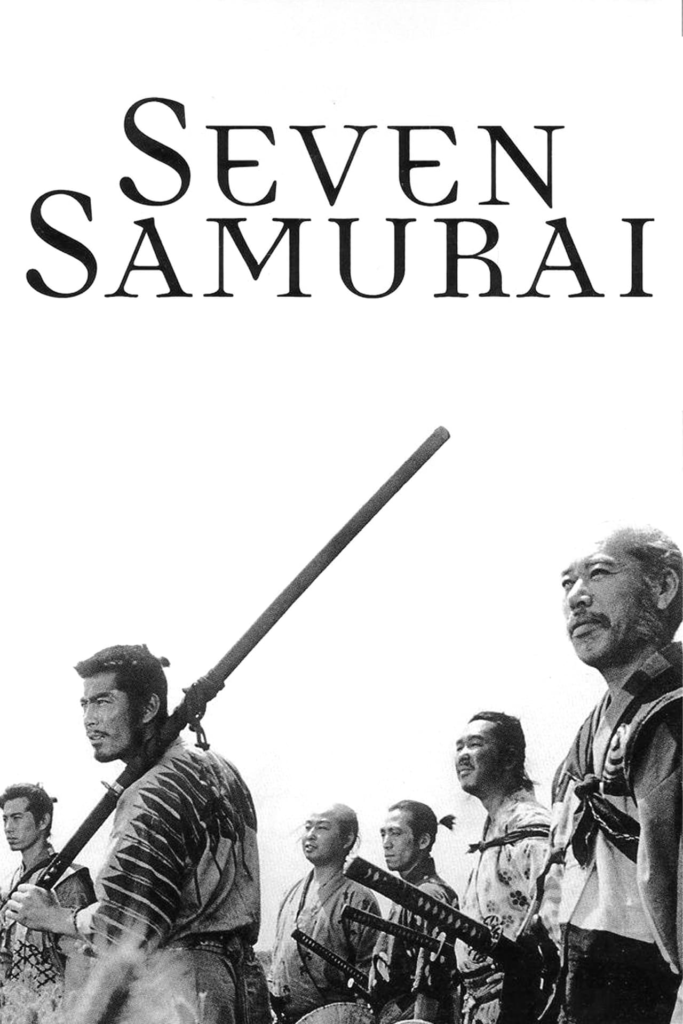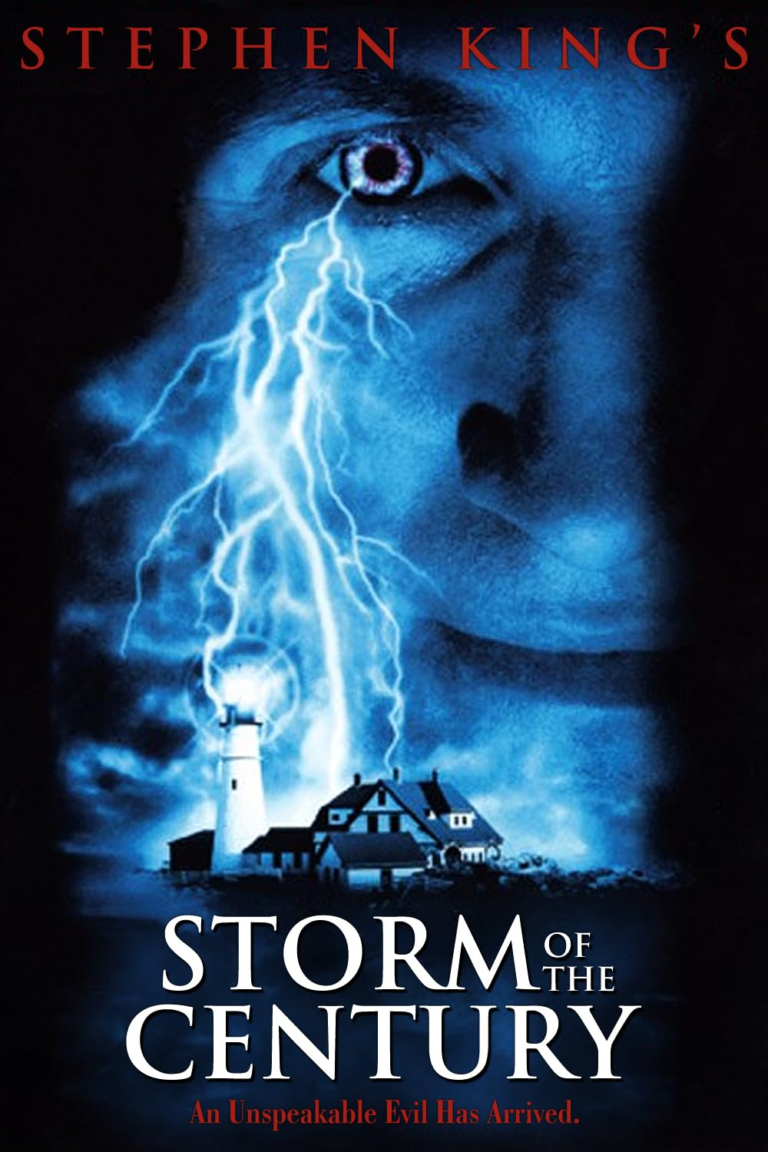Seven Samurai Christian Review

In a world where stories come and go like passing winds, few films manage to anchor themselves into the soul of a generation. Seven Samurai is one of those rare, cinematic treasures that transcend its own era, culture, and even its genre. Directed by Akira Kurosawa in 1954, this movie doesn’t merely tell the tale of seven warriors defending a village from marauding bandits—it tells the story of humanity itself. Through its layered narrative, breathtaking action, and unforgettable characters, Seven Samurai reminds us what it means to stand up for the oppressed, fight for a just cause, and bear the burden of sacrifice.
From a Christian perspective, this film resonates with themes so profound that, beneath the samurai swords and the desperate battles, one might easily detect the echoes of a greater spiritual war—one fought not only with blades but with courage, humility, and faith.
Seven Men, One Mission: The Reluctant Shepherds
On the surface, the story is simple: a group of seven warriors band together to protect a small farming village terrorized by ruthless bandits. But Seven Samurai isn’t about just defending land or crops; it’s about what it means to serve. These samurai are men of skill and valor, sure—but they are also deeply human, each carrying his own burdens, flaws, and reasons for accepting the mission. In a world that prizes honor and glory, these seven warriors choose to serve, knowing full well there’s little to gain and much to lose.
In a Christian context, this is a vivid portrayal of self-sacrifice. The samurai don’t seek personal wealth or fame; they act out of a sense of duty to those who cannot defend themselves. It’s the kind of shepherd-like service Jesus speaks about in the Gospels. When He says, “The good shepherd lays down his life for the sheep” (John 10:11), He speaks of a love that puts others first. And these samurai, particularly the film’s leader, Kambei, embody this very spirit of servanthood.
Kambei is a seasoned warrior, weary from the battles of life, but there’s a tenderness in him, a soft-spoken authority that draws the others in. In many ways, he’s a Christ-figure, gathering his “disciples” to fulfill a mission of protection and sacrifice. Each of the seven samurai is flawed in his own way, but under Kambei’s leadership, they come together to serve something greater than themselves. They become protectors, defenders of the weak, much like how Christians are called to stand up for the vulnerable in our world.
Kikuchiyo: The Fool Who Became a Hero
If Kambei represents the wise and selfless leader, Kikuchiyo, played by Toshiro Mifune, is the film’s wild card. He’s a drunken, brash peasant pretending to be a samurai—a man who wears his pain like armor and uses humor to deflect his deep-rooted insecurity. At first, he seems out of place among the disciplined samurai, but as the film progresses, Kikuchiyo emerges as one of the most compelling and tragic figures in the story.
In many ways, Kikuchiyo’s journey parallels the Christian experience of redemption. He’s a man filled with flaws, driven by pride, anger, and the need for validation. Yet, as the story unfolds, we see him transform from a fool into a hero, from an outsider into one of the village’s fiercest protectors.
Kikuchiyo’s arc is reminiscent of the Apostle Peter—impulsive, loud, often getting things wrong, but ultimately growing into his role as a leader and protector. It’s a reminder that God doesn’t always choose the perfect or the polished to accomplish His purposes. Often, He works through the broken, the flawed, and the foolish. In Kikuchiyo’s fierce loyalty to the village, we see a reflection of Christ’s command to love and serve even when it’s difficult, even when it costs us everything.
The Battle for Justice: A Moral Call to Arms
The action sequences in Seven Samurai are nothing short of breathtaking, with Kurosawa’s kinetic camera work capturing every slash of the sword, every bead of sweat, every desperate cry. But the battles in this film aren’t just thrilling cinematic moments—they’re moral battles. Each fight is a stand against oppression, a defense of the weak, a refusal to bow to evil.
As Christians, we are constantly reminded of the spiritual battle that rages around us. Ephesians 6:12 tells us, “For our struggle is not against flesh and blood, but against the rulers, against the authorities, against the powers of this dark world and against the spiritual forces of evil in the heavenly realms.” The samurai’s fight against the bandits mirrors this deeper, spiritual fight—a fight not just for survival, but for justice, dignity, and the defense of the innocent.
The samurai aren’t fighting for personal gain. They’re not mercenaries in search of a payday. They’re warriors who have chosen to stand between evil and the vulnerable, to sacrifice their lives if necessary to ensure that the villagers can live in peace. In a world where power is often used to oppress, Seven Samurai reminds us that true strength lies in the willingness to defend the powerless, even at great personal cost.
The Bittersweet Victory: Sacrifice Without Glory
At the end of Seven Samurai, the bandits are defeated, and the village is saved, but the victory comes at a tremendous cost. Four of the seven samurai lie dead, their graves standing in silent tribute to their sacrifice. The surviving three watch as the villagers return to their lives, planting crops and rebuilding homes. There are no cheers, no celebration—just the quiet realization that the village has been saved, but the cost has been high.
This ending is what gives Seven Samurai its profound weight. It doesn’t glorify violence or present the samurai as invincible heroes. Instead, it shows the harsh reality of sacrifice—that sometimes, the greatest victories come with great loss.
For Christians, this bittersweet ending echoes the ultimate sacrifice made on the cross. Jesus laid down His life for humanity, not for personal glory, but out of love and a desire to save. The samurai’s sacrifice is a reflection of this same selflessness. They don’t fight for accolades or recognition. They fight because it’s the right thing to do, because they’ve chosen to serve.
A Film that Endures: Legacy and Faith
Seven Samurai isn’t just a film about sword fights and strategy. It’s a story that digs deep into the human soul, asking questions about courage, sacrifice, and the meaning of true strength. It’s a film that Christians can watch and see their own struggles reflected—our call to defend the weak, to stand firm against evil, and to live lives marked by humility and service.
Kurosawa’s masterpiece isn’t just a cinematic achievement; it’s a moral one. It reminds us that the greatest battles aren’t always fought on battlefields, but in our hearts and souls. It calls us to be warriors in our own right—not with swords, but with faith, love, and the willingness to lay down our lives for others.
Final Thoughts: 10/10
There’s no other way to rate Seven Samurai than with a perfect score. It’s a film that transcends time and culture, speaking to the universal truths that resonate deeply with the Christian faith. Its message of courage, sacrifice, and service is as relevant today as it was when it first graced the screen in 1954. Kurosawa has crafted not just a film, but a testament to the power of standing up for what’s right, no matter the cost.






